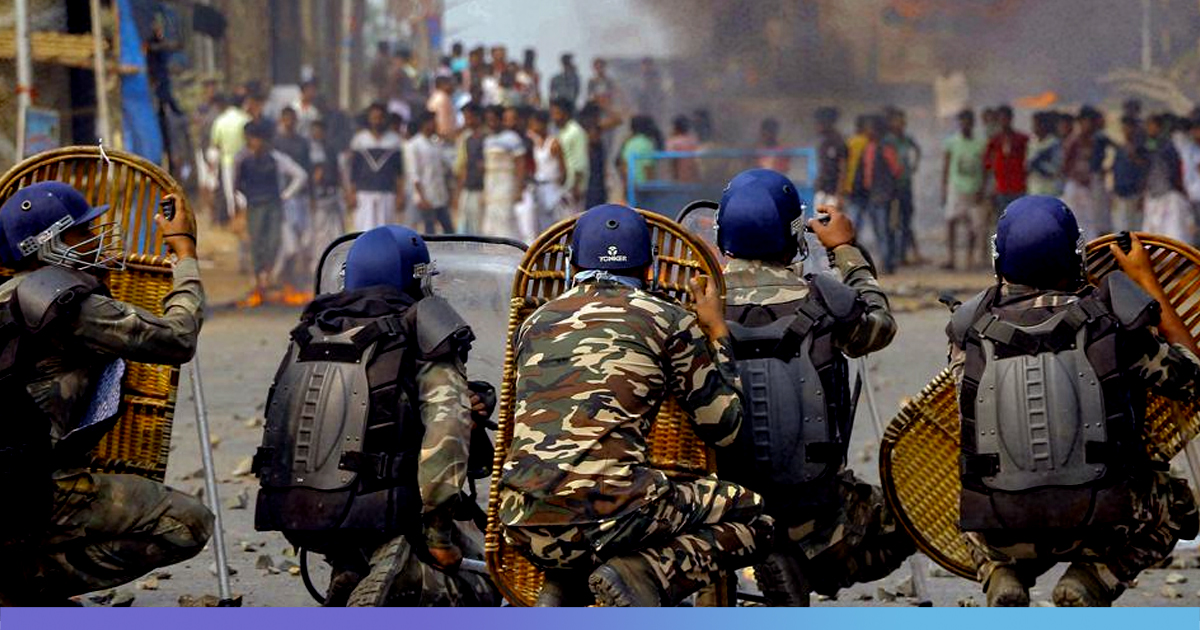Fresh protest erupted in the North East area of the national capital against the Citizenship (Amendment) Act (CAA), where a police post in Delhi’s Seelampur area was set ablaze.
Locals hurled stones and damaged public transport including buses. Delhi Police resorted to using tear gas shells to disperse the local protesters. The police also used drones to catch hold of the protesters and locate them.
Following the protests, five metro stations– Seelampur on the Red Line, Jaffrabad, and Maujpur-Babarpur on the Pink Line are shut down.
Protests swept across India as people came out in huge numbers to express their solidarity with students of Jamia Millia Islamia(JMI) and Aligarh Muslim University(AMU) who were thrashed and brutally assaulted by the Delhi police during the face-off two days ago on Saturday night.
“The crime branch will investigate the Jamia violence and people should not pay any heed to social media rumours,” the Delhi Police said on Monday and insisted that there was no firing during the incident.
According to Delhi Police’s Public Relations Officer MS Randhawa, the force used “maximum restraint, minimum force” despite being “provoked” by protesters and did not carry any firearms.
However, the doctors conceded that the bullet injuries were found on the bodies of the student protesters.
Currently, more than 30 colleges in India have taken to the streets to show anger and resentment against the Citizenship Act that gives shelter to persecuted Non-Muslim minorities of Pakistan, Afghanistan, and Bangladesh.
Also Read: Jamia Protest: Students With Bullet Wounds Admitted To Safdarjung, Police Deny Firing











